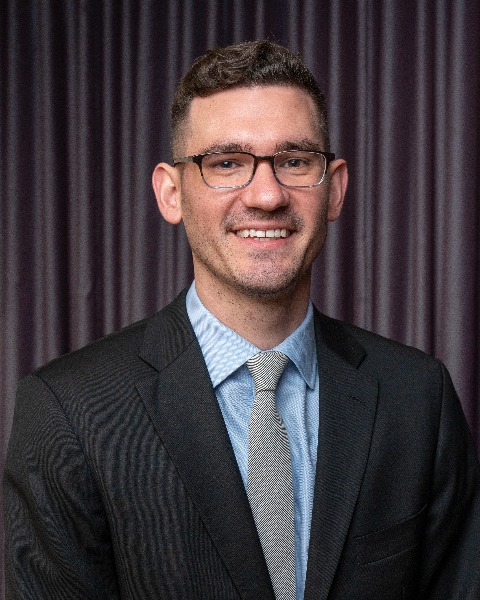Pre-Action Team Reflection: Qualitative Exploration in Pediatric Critical Care
-

Rustin Meister, MD, MS
Pediatric Critical Care Fellow
Ann and Robert H Lurie Childrens Hospital of Chicago
Chicago, IllinoisDisclosure information not submitted.
-
MM
Mary McBride, MD, MEd
Associate Professor of Cardiology and Medical Education
Ann & Robert H. Lurie Children's Hospital of Chicago, McGaw Medical Center at Northwestern University, United StatesDisclosure information not submitted.
-
JS
Jan Schmutz, PhD
Senior Researcher and Lecturer
ETH Zurich, United StatesDisclosure information not submitted.
-
MA
Mark Adler, MD
Professor of Pediatric Emergency Medicine and Medical Education
Ann & Robert H. Lurie Children's Hospital of Chicago, McGaw Medical Center at Northwestern University, United StatesDisclosure information not submitted.
-
WE
Walter Eppich, MD, PhD
Professor of Simulation Education and Research
Royal College of Surgeons in Ireland, United StatesDisclosure information not submitted.
First Author(s)
Co-Author(s)
Title: Pre-Action Team Reflection: Qualitative Exploration in Pediatric Critical Care
Background: Acute care pediatrics teams face ambiguous, dynamic patient care situations that demand adaptability to avoid patient harm. Patient safety efforts that focus on reviewing past harm events suffer from hindsight bias and neglect complex team dynamics and adaptation processes. Team reflection (TR), one such process, captures a team’s capacity to consciously reflect on their objectives and strategies to adapt to dynamic circumstances - either before, during, or after critical events. While previous studies showed that TR improves team performance and team learning, the benefits of TR before patient arrival (pre-action TR) remain underexplored, particularly for complex tasks in dynamic environments, such as preparing to care for rapidly deteriorating patients with evolving critical illness. Our project seeks to describe how teams experience pre-action TR before patients arrive and active hands-on patient care begins.
Methods: Multidisciplinary, interprofessional critical care and emergency teams comprised of 4-6 members including pediatric physicians, nurses, and respiratory therapists participated in in situ simulations. Teams received verbal handoff about a patient with imminent arrival in their clinical space and are instructed to plan collectively for aspects of patient care they deem important. Teams were interviewed to explore their perspectives of the experience and aspects of pre-action TR. We used a deductive approach to reflexive thematic analysis using TuRBO framework to analyze debriefings qualitatively. Further data collection and analysis is ongoing.
Results: We focused our preliminary analysis on key moments that reflect core tenets of TR: Information sharing, inviting input, and processing new information. Teams report: 1) “recaps” or summaries help establish a shared mental model, 2) members are more likely to add input when they have more experience a) in their role and b) with members of the team, 3) physicians who invite input create space for information sharing amongst the team, and 4) teams quickly and collectively adjust priorities when given new patient information that alters their mental model when engaging in TR behaviors.
Conclusions: Our preliminary analysis lays a foundation that establishes the value TR has in the planning phase of care for critically ill patients.
